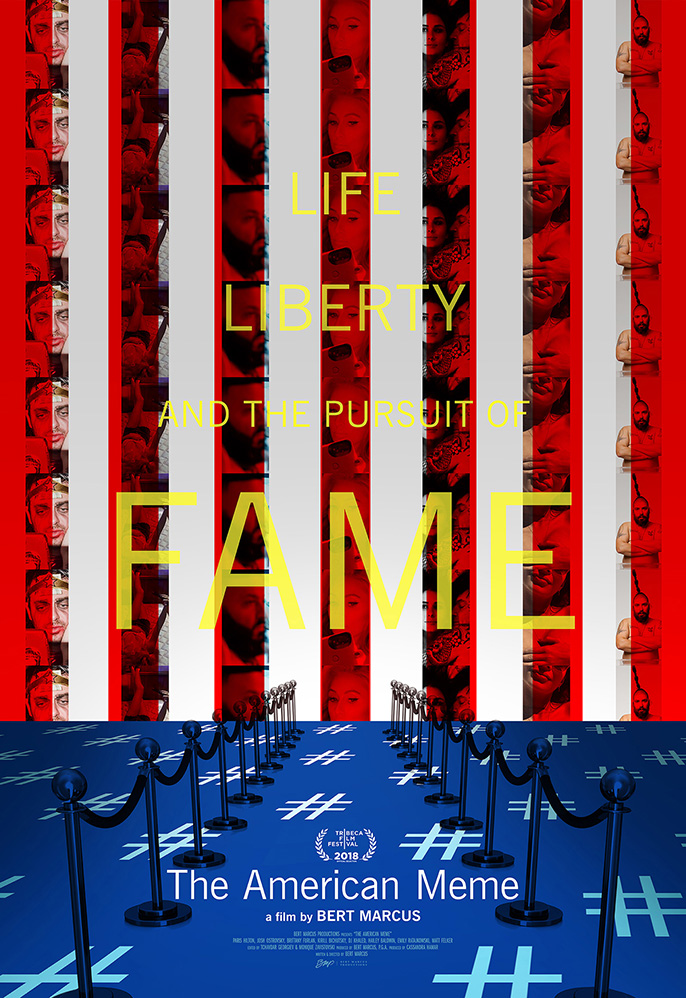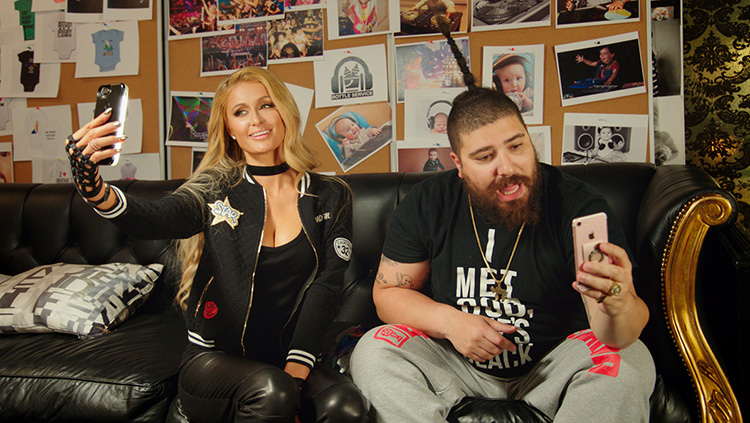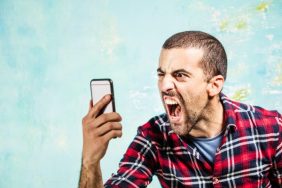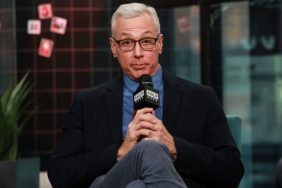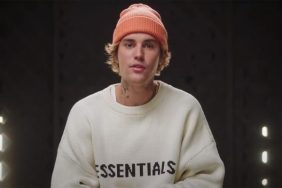Photo: Netflix
Award-winning filmmaker Bert Marcus‘ highly-anticipated social media documentary film The American Meme exposes the realities of social media fame and how the lines between reality and fiction are often blurred. The film sheds light on the highs and lows of social media and the effect it has on these “influencers,” exploring the pressure behind the spotlight, and how followers, likes, and on-going attention affects their jobs, health, relationships, and more.
With the help of other social media moguls, such as DJ Khaled, Hailey Baldwin, Emily Ratajkowski and others, the project explores the journeys of four distinct media disruptors: Paris Hilton, Josh “The Fat Jewish” Ostrovsky, Brittany Furlan, and Kirill Bichutsky as they hustle to build empires out of their online footprints, redefining the paradigm for the American Dream.
Side Project: ‘Stranger Things’ Composers Explore Virtual Reality ‘SPHERES’
The documentary premiered at the Tribeca Film Festival earlier this year and was recently acquired by Netflix. We spoke with Marcus over email about his latest project and how The American Meme explores the truth behind the platforms and the massive cultural shift of what fame means in society today.
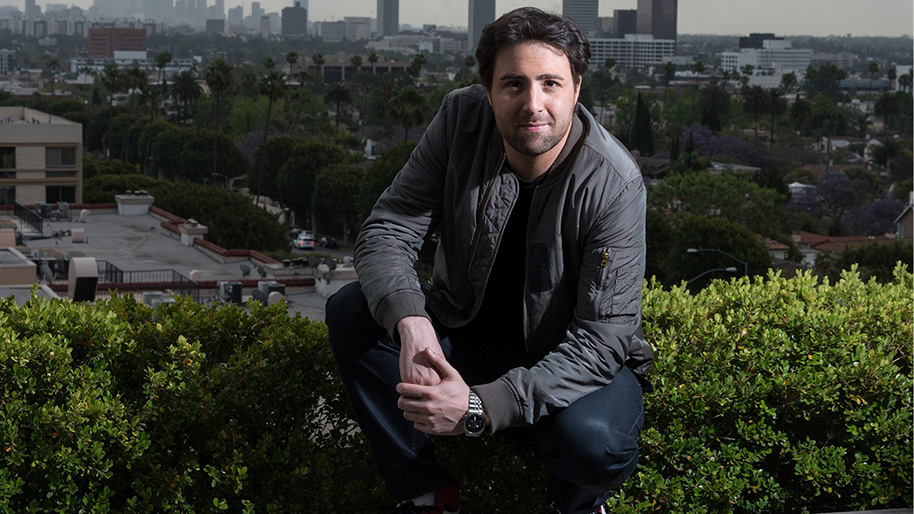
Mandatory: How long has The American Meme been in the works?
Bert Marcus: Although I began production on the project in 2016, the origins actually go further back. As a Los Angeles native, I have always been fascinated by fame. When I was growing up, at times, you would see a celebrity walking down the street, but their faces were generally veiled with a hat and their eye contact was completely averted. Over the years, celebrities have slowly come out of their cocoons of privacy, which is one of the reasons why I was inspired to produce Teenage Paparazzo in 2010, which showed a different side of fame.
But since 2010, nothing has changed what it means to be famous more than the explosion of the popularity of social media, which is why I was inspired to create The American Meme. People became “open books” and these open books became marketable commodities and arguably developing into mere caricatures of themselves, presenting a false reality to keep their images and businesses afloat.
The American Meme was influenced by what I viewed to be a massive cultural shift; one that we can all relate to, but rarely see the inner-workings of, as we all share what we want to share, and we think that we see everything, but that could not further from the truth. On a macro level, this is a topic that permeates the lives of over 2.46 billion people worldwide, and the number is growing rapidly. On a micro level, social media has begun to influence the way in which we individually feel about our everyday lives, so much so that it is becoming one of the most popular career paths of today’s youth. It seemed imperative that this world was explored and revealed with intimate access and through a shrewd lens.
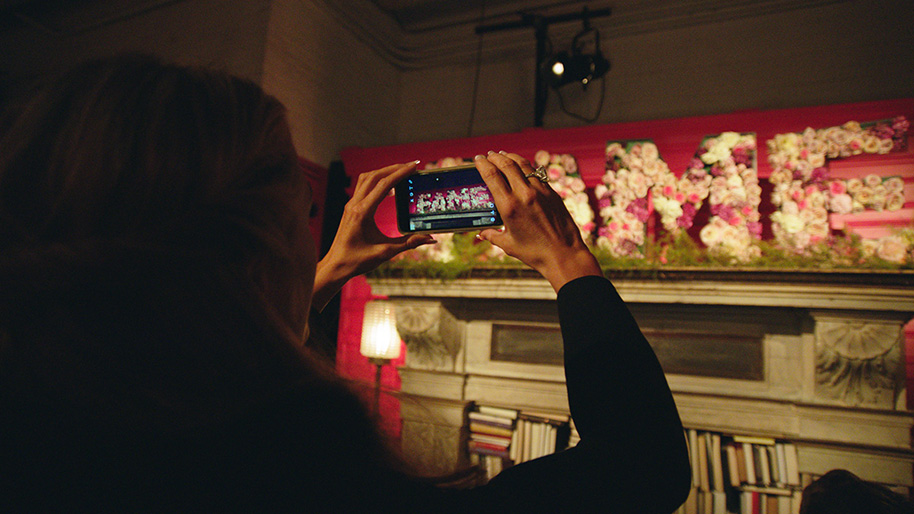
Why were these particular celebrities chosen to be featured as the main social media stars you wanted to highlight?
I actually interviewed a number of social media stars before landing on the specific characters in the film. In embarking on the journey, I didn’t want to create a film that would pump people with information and facts in a clinical manner because that’s not the way in which social media works. We imbibe information through more than numbers or letters, but through visual stimulation, doctored pictures and self-made videos. It is a world told through the perspective of the person posting and I wanted to maintain this unique angle throughout the telling of the narrative.
Because of this, I honed in on four very distinct social media influencers who were willing to be open and honest about their lives: Paris Hilton, Josh Ostrovsky, Kirill Bichutsky, and Brittany Furlan. They all represent something different in the worlds of social media and offer not only incredible entertainment but also a vast exploration of issues that expose various facets of the medium. Most importantly, they have an incredible ability to be candid, forthright, and honest in a manner that is essential in telling their stories, and they share the fundamental need to be relevant and loved, which is universal. Through each person’s story, we see a shocking, intimate and mesmerizing narrative that challenges our notions of what is real versus what is for show and how, or if, we can sustain our lives online without compromising how we live in the real world.
For example, Paris Hilton is someone who is a household name, arguably the Marilyn Monroe of our generation. While she is the “OG” of igniting this social media phenomenon, she has never before shared so openly how she genuinely struggles with this technology and her ubiquitous fame. I wanted to capture and convey the surprising real side to her never before seen. Additionally, I wanted to represent different facets of the industry and showcase different demographics, so that the film could be as wide-reaching as possible.
Every person chosen represents something quite different and will leave a lasting impression, whether good or bad, on the viewer. What they have in common, as with the rest of us, is that social media participants have created a world in which we no longer know what’s real and what’s not, yet the lines become blurred when they themselves can no longer discern the difference.
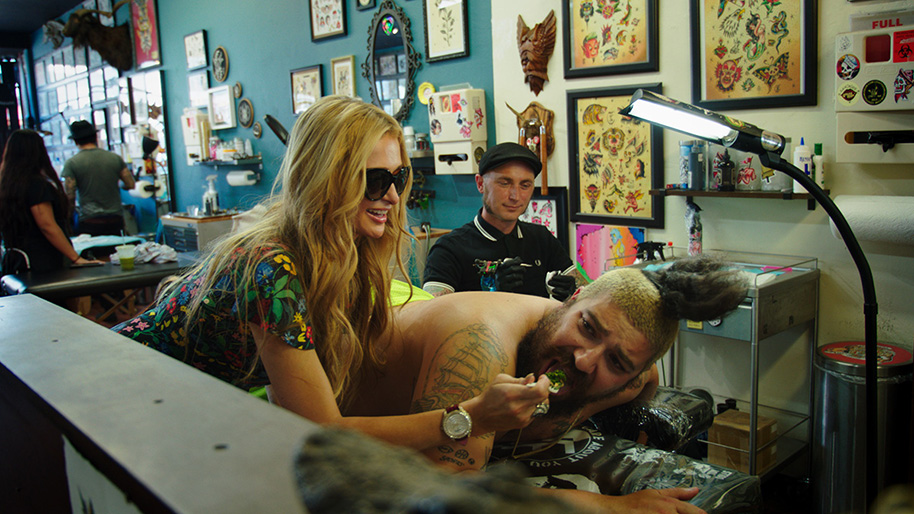
Can you talk a little about how you and your team went about putting the project together, including reaching out to the celebrities to participate?
We started the project a bit more broadly, meaning that, at first, I thought that it might be interesting to do more of a “survey” of the social media industry and the characters that comprise of different worlds. What I found from initial interviews was that these people were so different than their “personas” and my goal then shifted to creating a very focused character-driven story. From there, I began focusing mainly on the main characters that appear in the film now and following them for months. I am truly grateful that they let me!
Each person has a unique story in regards to how we were able to connect. Because I spent many years working in radio, where I met a number of amazing celebrities that I kept in touch with, I was able to reach some people through mutual connections. And, lastly, I might have even reached out to some cold through Instagram!

Why did you want to shed light on the highs and lows of social media and the effect it has on these celebrities?
Andy Warhol was famously quoted saying that “in the future, everyone will be world-famous for 15 minutes” and social media has enabled society to live out Andy Warhol’s prediction with shocking intensity. As technology gave rise to the behemoth social media giants of today, like Instagram, Facebook, YouTube and Snapchat, what it means to be famous, and how one can become famous, has shifted in large part because of these channels. Fame used to be inextricably tied to talent and legends [who] were created because of the breadth of their acclaimed work, whereas, presently, a smartphone can be the key to popularity and prowess.
This shift spans from kids making iPhone videos in their bedrooms, with viewership’s exceeding the most popular television shows, to people, once “nobodys,” positioning themselves on social media as having “glamorous” or outrageous lifestyles, which creates huge followings, to people using gimmicks to get their videos to go viral, to those simply just looking for a creative outlet to express themselves.
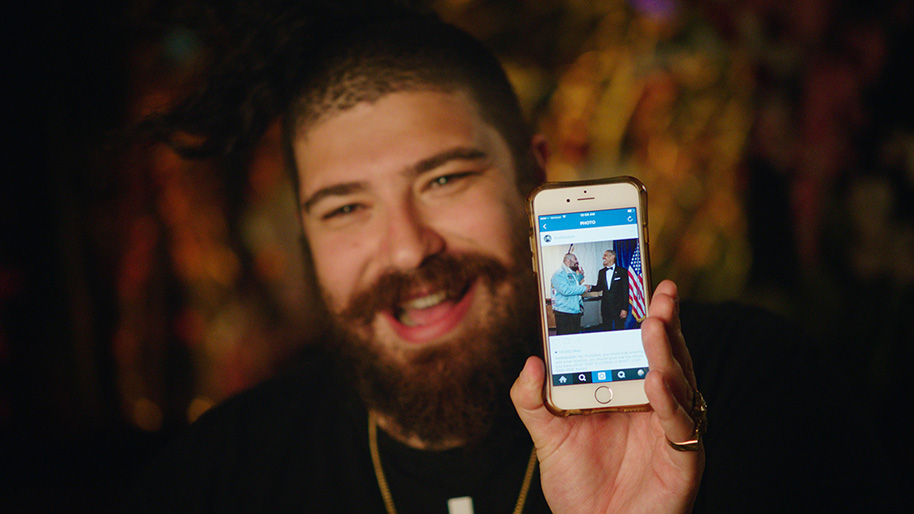
Hardly anyone is immune, as we now walk down the street, with our phones in our hands, unable to look away, which has created an importance to social media that is now permeating how we live our everyday lives and how we view ourselves. As the followings get bigger and bigger, people become even more enraptured in seeking the attention of their handheld audiences.
I think that people put celebrities on a pedestal and often times assume that their lives are perfect and that they don’t deal with the same things that “regular” people deal with in life. Although that’s true to some degree, I thought that using well-known figures to demonstrate the highs and the lows would be more relatable for an audience and more impactful, ultimately. At the end of the day, most simply, it all comes down to a critical, dare we say, fundamental, human condition; the need, the urge, and the burning desire, to be loved.
e-Psychology: Does Social Media Make People Meaner?
What challenges did you face during the development of the documentary?
The very unscripted nature of a documentary always has inherent challenges and unpredictability, which similarly is the very beauty of the genre. With this particular film, the most significant pressure was on building real trust with the main protagonists to open their lives completely to the filmmaking process. It’s one thing to live so publicly when you’re in control of the editing and every element of how viewers see you. It’s quite another to surrender yourself to an outsider in how you will be portrayed, particularly when your entire livelihood and career hinge on that persona. I feel grateful that they entrusted me and respect their vulnerability, as I believe it’s what sets the film apart.
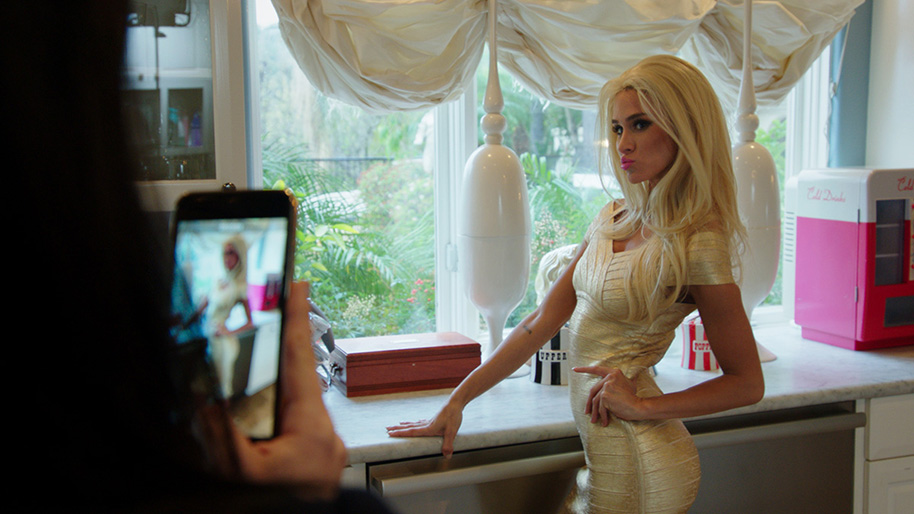
In your opinion, do you think the negative impact these celebrities deal with while being so public on social media is worth the rewards they get out of it?
What I hope the film conveys, ultimately, is that this new pursuit through social media is a double-edged sword and is paving a new American dream that’s riddled with conflict. These “careers” are not those of our childhood fantasies, not doctors or lawyers or astronauts, but rather careers that turn on becoming famous, and relentlessly staying relevant, through our handheld screens.
On one hand, this provides an accessible, democratized, and a relatively low-barrier-to-entry job, a seemingly self-manifested destiny, and an expressive outlet. With that comes exposure, connectivity, attention, and, in many cases, money unlike anything else. Yet there’s a real price to pay as they are being potentially consumed, exploited, and ephemerally valued if not managed with care.
What social message are you hoping to share with The American Meme?
I am hoping that after watching the film, people will discern that social media can set up a false reality to a viewer because we only post what we want people to see. I have found that this can cause anxiety, depression, or just plain #fomo. Perhaps people will stop judging themselves so harshly, which is something that I think deserves immediate attention.
Currently, I think we are in a pivotal time of questioning and challenging the boundaries and dark side of social media. We are more connected than ever and, of course, information and brand building have been drastically democratized, which has transformed the world. However, now we are seeing people purging Instagram, abandoning Snapchat, and publicly investigating security with Facebook.
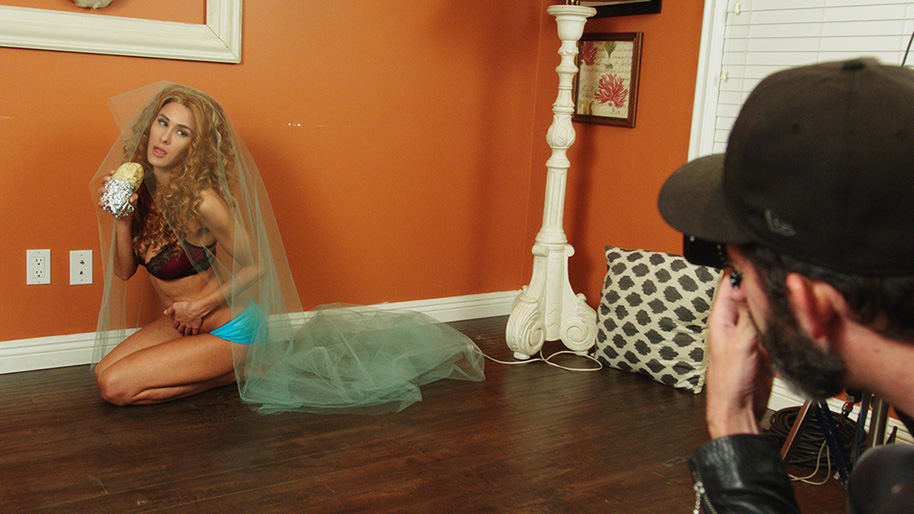
The American Meme is now streaming globally on Netflix. The American Meme was written, directed, and produced by Marcus. Cassandra Thornton co-produced alongside executive producer Paris Hilton. The documentary was edited by Tchavdar Georgiev and Monique Zavistovski. Lele Pons and Amanda Cerny are also featured in the project.
